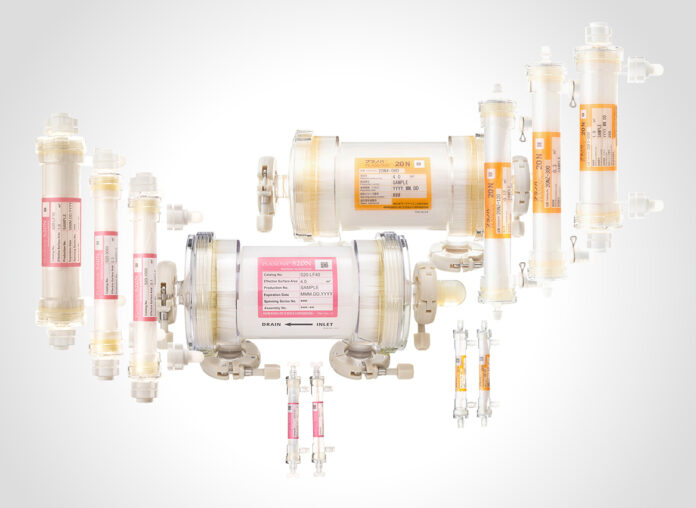CHELMSFORD, Mass.– Asahi Kasei Life Science, a division of Japanese industrial conglomerate Asahi Kasei, has announced plans to construct a fourth spinning facility in Nobeoka City, Miyazaki, Japan, dedicated to producing its Planova™ virus removal filters. The move comes as part of the company’s broader effort to scale up its bioprocess supply capabilities amid rapid growth in the global biopharmaceutical market.
Construction on the new plant is slated to begin in July 2026, with full operations expected by January 2030. The project is supported by Japan’s Ministry of Economy, Trade, and Industry (METI) under its Biopharmaceutical Manufacturing Project, aimed at strengthening domestic infrastructure for critical healthcare supplies during global emergencies such as pandemics.
“This new plant reinforces the momentum behind our newly established Life Science business,” said Yusuke Kanazawa, Head of the Bioprocess Division at Asahi Kasei Life Science Corporation. “It demonstrates Asahi Kasei’s commitment to making strategic investments while responding to rising global demand for virus filtration.”
The facility will primarily manufacture several key Planova™ filter types—S20N, 15N, 20N, 35N, and 75N—which are used in the production of plasma-derived therapeutics and biologic drugs. These hollow-fiber cellulose membrane filters are a cornerstone of virus removal in the biomanufacturing process and are critical to ensuring the safety and efficacy of biopharmaceuticals.
The expansion is part of Asahi Kasei’s medium-term growth strategy, “Trailblaze Together,” which identifies Life Science as a central pillar for future business development. With the global biopharma market projected to exceed $500 billion by 2032, according to Market.US, demand for reliable virus filtration systems is expected to intensify. Planova™ is already recognized as a global leader in virus filtration, and the new plant is expected to substantially boost production capacity to meet anticipated increases in worldwide demand.
The investment not only positions Asahi Kasei to capitalize on long-term market growth but also enhances its global supply chain resilience, ensuring a more robust response to future health crises.



